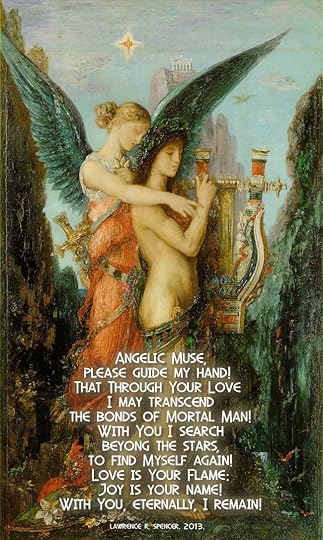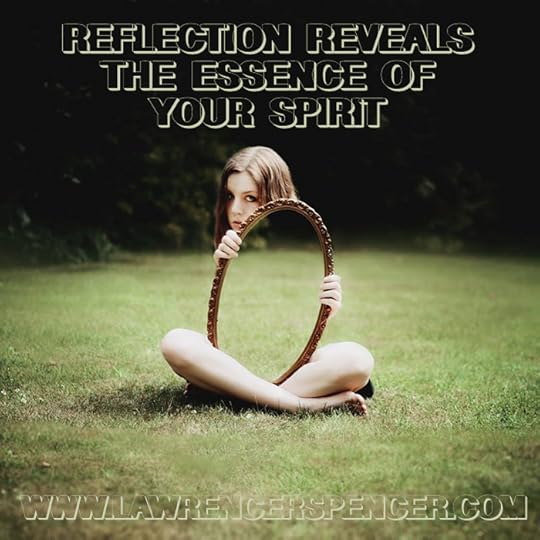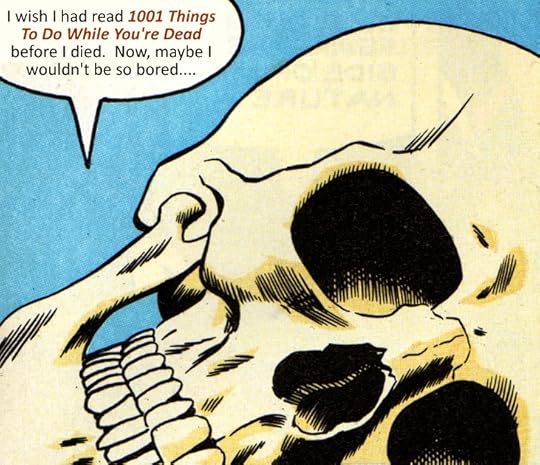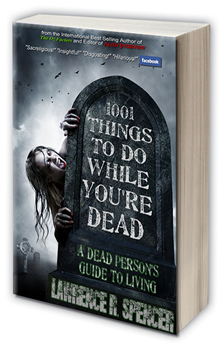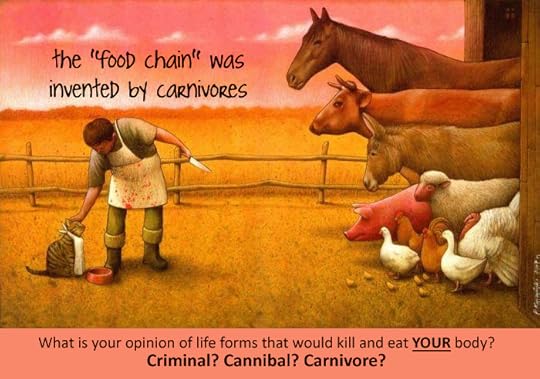Lawrence R. Spencer's Blog, page 205
December 21, 2020
ANOTHER LIFETIME
Republished by Blog Post Promoter
The good news is that you get a new body. The bad news is that you get a new body.
POLITICS
Republished by Blog Post Promoter
Sir Ernest John Pickstone Benn, 2nd Baronet (25 June 1875 – 17 January 1954) was a British publisher, writer and political publicist.
December 20, 2020
MY MUSE
Republished by Blog Post Promoter
The Muses (Ancient Greek: Μοῦσαι, moũsai: perhaps from the o-grade of the Proto-Indo-European root *men- “think”) in Greek mythology, poetry, and literature, are the goddesses of the inspiration of literature, science and the arts. They were considered the source of the knowledge, related orally for centuries in the ancient culture that was contained in poetic lyrics and myths.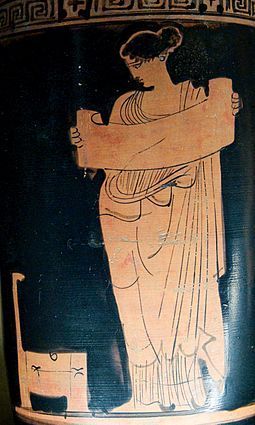
Greek mousa is a common noun as well as a type of goddess: it literally means “art” or “poetry”. In Pindar, to “carry a mousa” is “to excel in the arts”. The word probably derives from the Indo-European root men-, which is also the source of Greek Mnemosyne, English “mind”, “mental” and “memory” and Sanskrit “mantra”.
The Muses, therefore, were both the embodiments and sponsors of performed metrical speech: mousike (whence the English term “music”) was just “one of the arts of the Muses”. Others included Science, Geography, Mathematics, Philosophy, and especially Art, Drama, and inspiration.
( PHOTO: Ancient Greek vase showing a Muse reading a scroll, (Attic red-figure lekythos, Boeotia c. 435–425 BC) —>
Some authors invoke Muses when writing poetry, hymns, or epic history. The invocation typically occurs at or near the beginning, and calls for help or inspiration, or simply invites the Muse to sing through the author. Some prose authors also call on the aid of Muses, who are called as the true speaker for whom an author is merely a mouthpiece.
Shakespeare’s Sonnet 38 invokes the Tenth Muse:
“How can my Muse want subject to invent,
While thou dost breathe, that pour’st into my verse
Thine own sweet argument?”
“No Muse-poet grows conscious of the Muse except by experience of a woman in whom the Goddess is to some degree resident; just as no Apollonian poet can perform his proper function unless he lives under a monarchy or a quasi-monarchy. A Muse-poet falls in love, absolutely, and his true love is for him the embodiment of the Muse… But the real, perpetually obsessed Muse-poet distinguishes between the Goddess as manifest in the supreme power, glory, wisdom, and love of woman, and the individual woman whom the Goddess may make her instrument… The Goddess abides.”(comment by the British poet Robert Graves)
December 19, 2020
EPIPHANY
Republished by Blog Post Promoter

EPIPHANY:
a sudden, intuitive perception of or insight into the reality or essential meaning of something, usually initiated by some simple, homely, or commonplace occurrence or experience.
BEING DEAD DOESN’T HAVE TO BE BORING
Republished by Blog Post Promoter
“If you discover that you’re all alone in space and that you’re actually enjoying your newly discovered peace, calm, quiet and serenity, there are a few thousand other things you can do to amuse yourself.
Most likely, your greatest problem will be boredom: the #1 enemy for a spirit. If you lived on Earth very long you will already know that people are obsessed with NOT being bored.” — Excerpt from 1001 THINGS TO DO WHILE YOU’RE DEAD by Lawrence R. Spencer
HERESY
Republished by Blog Post Promoter
“Unless you make yourself equal to God, you cannot understand God: for the like in intelligible save to the like. Make yourself grow to a greatness beyond measure, by a bound free yourself from the body; raise yourself above all time, become Eternity; then you will understand God. Believe nothing is impossible for you, think yourself immortal and capable of understanding all, all arts, all sciences, the nature of every living being. Mount higher than the highest height; descend lower than the lowest depth. Draw into yourself all sensations of everything created, fire and water, dry and moist, imagining that you are everywhere, on earth, on the sea, in the sky, that you are not yet born, in the maternal womb, adolescent, old, dead, beyond death. If you embrace in your thought all things at once, times, places, substances, qualities, quantities, you may understand God.” ~ Giordano Bruno from his “Egyptian Reflection of the Universe of the Mind” ~ 1569
_______________________________________
Giordano Bruno (1548 – February 17, 1600), born Filippo Bruno, was an Italian Dominican friar, philosopher, mathematician, poet, and astrologer.He is best known for his cosmological theories, which went even further than the then-novel Copernican model: while supporting heliocentrism, Bruno also correctly proposed that the Sun was just another star moving in space, and claimed as well that the universe contained an infinite number of inhabited worlds populated by other intelligent beings. Beginning in 1593, Bruno was tried for heresy by the Roman Inquisition on charges including denial of the Trinity, denial of the divinity of Christ, denial of virginity of Mary, and denial of Transubstantiation. The Inquisition found him guilty, and in 1600 he was burned at the stake.
DOGS KNOW
Republished by Blog Post Promoter
Border collie comprehends over 1,000 object names as verbal referents.
December 18, 2020
FOOD CHAIN
Republished by Blog Post Promoter
Humans are the most vicious predators and murderers of life forms in the history of Earth. The “food chain” is a poor excuse to justify the premeditated slaughter of other sentient beings. What is your opinion of another life form that will kill and eat your dead body? Criminal? Cannibal? Carnivore?
The fact is that you really don’t need to eat dead animal bodies to live. The largest, longest-lived and strongest animals on Earth are all vegetarians.



